About Mental Health Research Matters
Mental Health Research Matters was a cross-organisation collaboration between the McPin Foundation, Mental Elf and the University of Oxford. It was funded by UK Research and Innovation (UKRI). The project ended in March 2023, but the website will continue to remain live until 2024.
The Background
In 2018, UK Research & Innovation (UKRI) funded eight mental health research networks. These networks are formed of academics, clinicians, 3rd sector representatives and those with lived experience, amongst others. They tackle a variety of mental health research subjects, ranging from youth mental health to violence and abuse, to loneliness and social isolation. Head to our networks page to read more about the eight individual networks.
The networks embrace a collaborative ethos, bringing together researchers from a wide range of disciplines, including technology, health, medicine, biology, social sciences, humanities and environmental sciences.
In autumn 2022, the Mental Health Research Matters team ran a digital conversation about why mental health research matters, what good mental health research looks like and how we can all get involved to make a difference. Find out more here.
The Coordination Team
An Impact & Engagement Coordination Team was appointed to help facilitate the networks and to champion and amplify their work. Mentalhealthresearchmatters.org is the home of this coordination team. Here, we shared blogs, videos, podcasts and more, drawing on the work from across the networks and the wider mental health research landscape.
We wanted to not only share the great work that the networks have done, and continue to do, but also to encourage all people to get involved in mental health research. Mental health is an issue which affects everyone, and a holistic approach – built through true cooperation and working together across all disciplines and backgrounds – is required if we are to improve people’s mental health.
#MentalHealthResearchMatters because it can improve people’s lives.
Meet the team
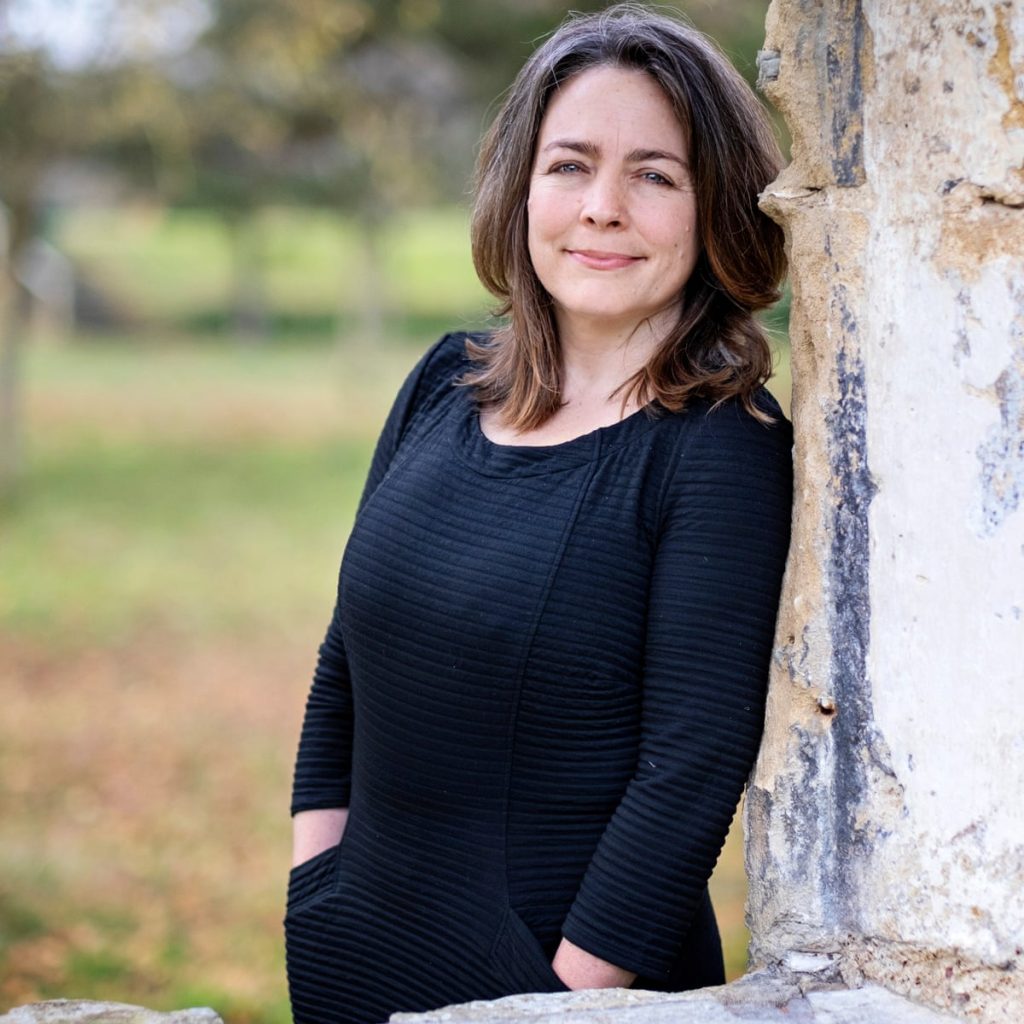
Cathy Creswell
Professor of Developmental Clinical Psychology, University of Oxford, UKRI Mental Health Networks Impact & Engagement Coordinator; leads the UKRI Emerging Minds Network Plus and the TOPIC Research Group based at Oxford’s Department of Experimental Psychology @OxExPsy.

Daisy Armitage
Senior Digital Communications Coordinator, based at The McPin Foundation.
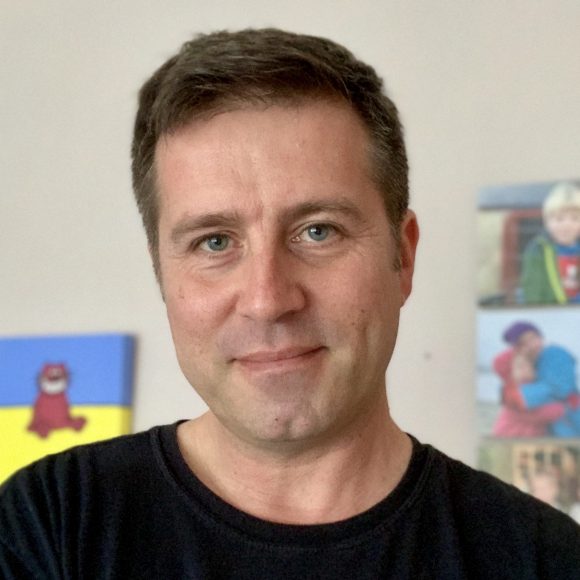
André Tomlin
André is the Founder and Director of the National Elf Service. A decade ago he started the Mental Elf, which aims to close the gap between mental health research and practice.
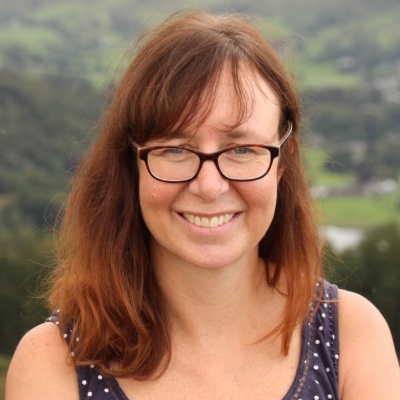
Vanessa Pinfold
Vanessa has worked in mental health research for over 20 years, both in Universities and in the voluntary sector moving from research assistant to research leader. She co-founded and is a Director of the McPin Foundation.
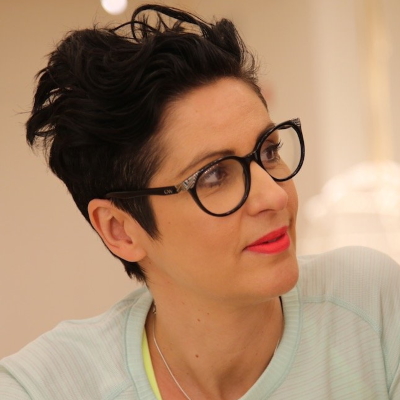
Sallyann Keizer
Sallyann Keizer set up Sixth Sense Media in 2000, specialising in delivering high-quality and high-profile content for children and young people.
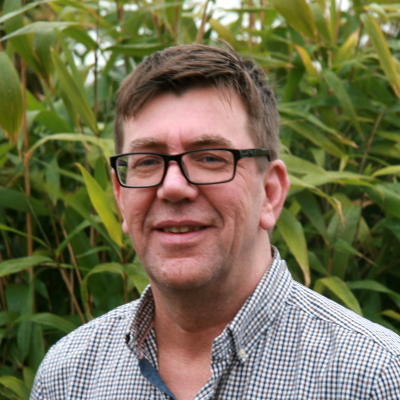
Douglas Badenoch
Douglas is an information scientist with 25 years’ experience of working in evidence-based health care and website development.
The Mental Health Research Matters Campaign Steering Group
For the autumn 2022 campaign, the Mental Health Research Matters team recruited a steering group with lived experience and researcher representatives from across the eight UKRI networks. The steering group met once a month in the run-up to the campaign to offer guidance and feedback on campaign plans. They also contributed towards content creation. Check out our blogs here.
Yasmin – SMaRteN
 I’m interested in mental health research as there are many people with mental health conditions who are unable to receive the support that they require, particularly those from seldom heard communities, so research allows new interventions and treatments to be explored.
I’m interested in mental health research as there are many people with mental health conditions who are unable to receive the support that they require, particularly those from seldom heard communities, so research allows new interventions and treatments to be explored.
I wanted to get involved due to my own lived experience in addition to my background in research as a Peer Research Officer working with marginalised communities.
Jess Bone – MARCH
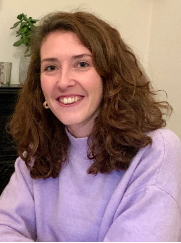 I’m a Research Fellow in Statistics/Epidemiology in UCL Department of Behavioural Science and Health and a member of the World Health Organisation Collaborating Centre on Arts and Health. Broadly, I’m interested in the social determinants of mental health, particularly adolescent mental health. My current work aims to explore the benefits of arts and cultural engagement for mental health at the population level.
I’m a Research Fellow in Statistics/Epidemiology in UCL Department of Behavioural Science and Health and a member of the World Health Organisation Collaborating Centre on Arts and Health. Broadly, I’m interested in the social determinants of mental health, particularly adolescent mental health. My current work aims to explore the benefits of arts and cultural engagement for mental health at the population level.
I wanted to get involved because I believe that we should all be working towards improving mental health research, whether that is through developing new methods, collaborating across disciplines, working harder to include people with lived experience, or initiatives to reduce inequalities.
Alex – VAMHN
 I will be representing the perspective of an immigrant with living experiences of mental health conditions. I love arts and find a medium to express myself and release emotions. I believe in person-centred care and advocate for co-production methods to help promote it.
I will be representing the perspective of an immigrant with living experiences of mental health conditions. I love arts and find a medium to express myself and release emotions. I believe in person-centred care and advocate for co-production methods to help promote it.
Gordon Johnston – Closing the Gap
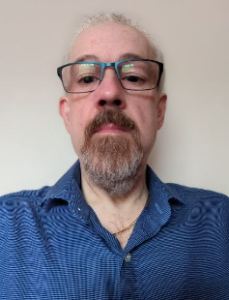 Gordon Johnston lives in Clackmannan in central Scotland. He has lived experience of bipolar and is an independent consultant and peer researcher. He is a Steering Group member of the Closing The Gap network. Gordon is keen to see researchers, academics and those with lived experience working together to improve mental health research and ultimately to see that research improving policy and practice. ( Twitter: @GordonAJohnston )
Gordon Johnston lives in Clackmannan in central Scotland. He has lived experience of bipolar and is an independent consultant and peer researcher. He is a Steering Group member of the Closing The Gap network. Gordon is keen to see researchers, academics and those with lived experience working together to improve mental health research and ultimately to see that research improving policy and practice. ( Twitter: @GordonAJohnston )
G Jerwood – Emerging Minds/Loneliness and Social Isolation in Mental Health Network
 G has been interested in mental health research as they have always been keen to help drive social change. Using their lived experience in research projects has helped them personally and professionally and they want to continue to share their insights to help others.
G has been interested in mental health research as they have always been keen to help drive social change. Using their lived experience in research projects has helped them personally and professionally and they want to continue to share their insights to help others.
Mental health research matters to them as they know how important it is to be able to know the facts and adapt to what’s happening right here, right now.
Anne-Laure Le Cunff – SMaRteN
 Anne-Laure is a PhD researcher at the Institute of Psychiatry, Psychology & Neuroscience, King’s College London, where she studies neurodiversity in online education. She founded Ness Labs, a platform providing educational content to support the mental health of students and professionals.
Anne-Laure is a PhD researcher at the Institute of Psychiatry, Psychology & Neuroscience, King’s College London, where she studies neurodiversity in online education. She founded Ness Labs, a platform providing educational content to support the mental health of students and professionals.
Catherine Fadashe – eNurture
 Catherine Fadashe is a member of the McPin’s Young People’s Network and has a deep interest in exploring and de-stigmatising mental health within West African cultures.
Catherine Fadashe is a member of the McPin’s Young People’s Network and has a deep interest in exploring and de-stigmatising mental health within West African cultures.
She’s a member of the eNurture Youth Advisory Group.
Emily Cunningham – TRIUMPH
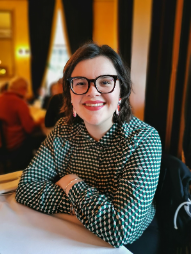 My name is Emily and I am the Research Assistant for the Transdisciplinary Research for the Improvement of Youth Mental Public Health (TRIUMPH) Network, at Glasgow University. The Network undertakes participatory mental health research with young people, and works with a Youth Advisory Group who have been with the Network for three years. I come from both a social policy and social research background, and am particularly interested in feminist and intersectional research methods. I found out about this Steering Group through a colleague at the Network and hope I can bring helpful professional and personal experience to the role!
My name is Emily and I am the Research Assistant for the Transdisciplinary Research for the Improvement of Youth Mental Public Health (TRIUMPH) Network, at Glasgow University. The Network undertakes participatory mental health research with young people, and works with a Youth Advisory Group who have been with the Network for three years. I come from both a social policy and social research background, and am particularly interested in feminist and intersectional research methods. I found out about this Steering Group through a colleague at the Network and hope I can bring helpful professional and personal experience to the role!
Arif Mahmud – Emerging Minds
 Dr Arif Mahmud is a Lecturer in Education Studies and has worked in Higher Education for over 10 years. His research interests are in education and social justice issues, and he advocates for amplifying the voices of disadvantaged and minority populations, particularly in the field of Mental Health and Wellbeing.
Dr Arif Mahmud is a Lecturer in Education Studies and has worked in Higher Education for over 10 years. His research interests are in education and social justice issues, and he advocates for amplifying the voices of disadvantaged and minority populations, particularly in the field of Mental Health and Wellbeing.
Sudhir Shah – Loneliness and Social Isolation in Mental Health Network
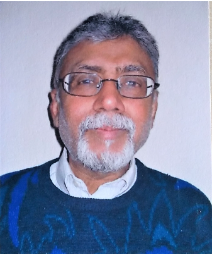 I was a carer for my relative who suffered with their mental health but now recovered not due to NHS clinicians but a lot of effort from myself and my partner. This was helped by our involvement in focus groups and later participating in various research groups in the NHS where the emphasis was on health and service improvements.
I was a carer for my relative who suffered with their mental health but now recovered not due to NHS clinicians but a lot of effort from myself and my partner. This was helped by our involvement in focus groups and later participating in various research groups in the NHS where the emphasis was on health and service improvements.
I joined this group so I can contribute my lived experiences and hope to pick up more knowledge from other participants. Hopefully, it makes us a kind of shared co-produced research advisory group.
Suhdir is a member of the Loneliness and Social Isolation CoProduction Advisory Panel (CoG)



